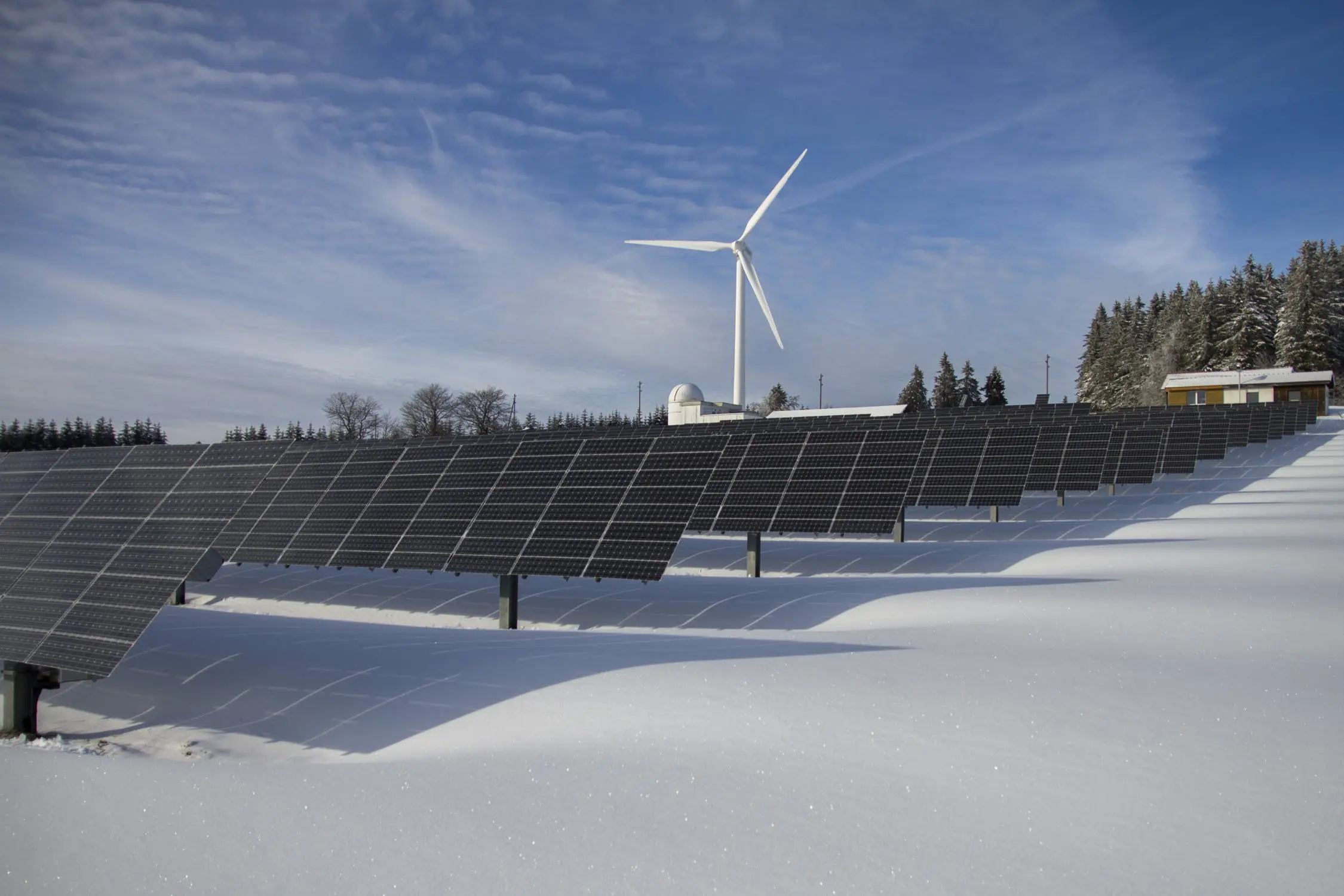I often meet energy managers in the industry or the tertiary sector, convinced that energy efficiency, decreasing their energy consumption, requires high investment. With limited budgets, they do not initiate any initiative that is not imposed by law.
Are they right? When does energy efficiency mean increasing CAPEX?
Contrary to popular belief that is reinforced by some support schemes, energy efficiency is not synonymous with investment.
Here are three tracks to follow to reduce the energy consumption, that frequently gives results, even in industries or buildings which already carried out first energy efficiency initiatives:
– Adapt the use of equipment: in a workshop, tasks descriptions rarely take into account the impact of machine use on energy consumption. In some cases, it is possible to reduce this consumption by appropriate gestures. It is the same in a building and even if the behavior of all occupants do not seem to be completely controllable, very significant savings can be made simply.
– Update the automation routines: the building controllers are programmed at the commissioning. The instructions are rarely updated to take into account a different use of the building, a new layout or new facilities. The resulting overconsumption is often important.
– Maintain “forgotten” equipment: a clogged sensor no longer sends a stop command to a fan, uncleaned solar panels produce less, a leak on a valve in a heating circuit can cause excess of operation of this heating.
Regarding these 3 tracks, each consumer (building, industry) is concerned at two moments:
– In the first initiatives to reduce its consumption: this is the situation encountered when the consumer is interested in its savings potential and starts an energy efficiency approach, often following an audit. Its goal is to reduce its consumption.
– At regular intervals, then: behaviors, automation routines, maintenance should be the subject of constant attention to the risk of drifting and lead to an increase in consumption. The goal becomes to sustain an achieved performance.
By working on these 3 tracks, described here roughly, some companies have developed a real know-how to identify accessible savings, in all types of workshop or almost as in buildings, and to guide the consumer towards solutions that do not penalize the productivity of the workshop or the use and comfort of the building.
Investments become necessary to exceed the performance achieved through the actions listed above. The Energy Performance Contracts are then a financing model to consider, allowing certain investments to be financed by the savings made.
The fruits of the first actions mentioned above offer an ability to cover reimbursements of often important loans: it is important to take it into account from the beginning of operations with a focus on several years.
Thus, I was able to conduct operations with multiple investments over years, all financed by the savings thus made “free” for the consumer.
Viewed globally from the start, energy efficiency is therefore less an issue of CAPEX than an issue of OPEX and creation of value streams.
Click here to read other articles of the same author.



Leave your comments
Post comment as a guest